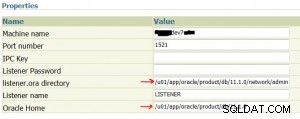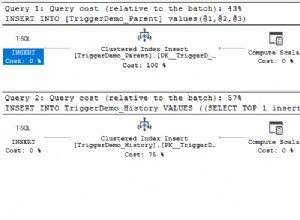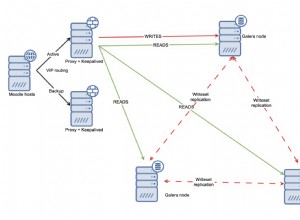Ce n'est pas documenté, donc ça peut changer.
Voici mes round_half_even(numeric,integer) :
create or replace function round_half_even(val numeric, prec integer)
returns numeric
as $$
declare
retval numeric;
difference numeric;
even boolean;
begin
retval := round(val,prec);
difference := retval-val;
if abs(difference)*(10::numeric^prec) = 0.5::numeric then
even := (retval * (10::numeric^prec)) % 2::numeric = 0::numeric;
if not even then
retval := round(val-difference,prec);
end if;
end if;
return retval;
end;
$$ language plpgsql immutable strict;
Et round_half_odd(numeric,integer) :
create or replace function round_half_odd(val numeric, prec integer)
returns numeric
as $$
declare
retval numeric;
difference numeric;
even boolean;
begin
retval := round(val,prec);
difference := retval-val;
if abs(difference)*(10::numeric^prec) = 0.5::numeric then
even := (retval * (10::numeric^prec)) % 2::numeric = 0::numeric;
if even then
retval := round(val-difference,prec);
end if;
end if;
return retval;
end;
$$ language plpgsql immutable strict;
Ils gèrent environ 500 000 invocations par seconde, soit 6 fois moins vite qu'un round(numeric,integer) standard . Ils fonctionnent également pour zéro et pour une précision négative.




